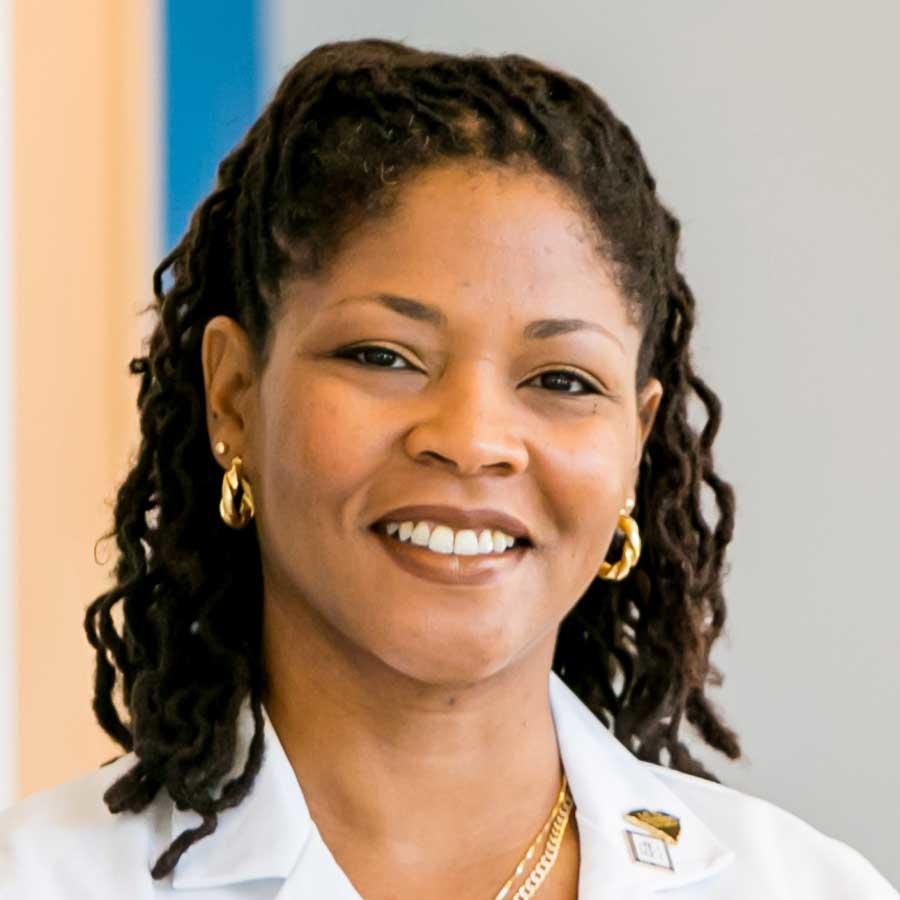Approximately 85% of cancer patients in the United States receive care in community settings, not at academic medical centers where most clinical trials take place. This is certainly true in South Carolina, where Hollings Cancer Center at the Medical University of South Carolina (MUSC) serves as the state’s only NCI-Designated Cancer Center.
More than 30% of the people in South Carolina are minorities, and more than 40% live in rural areas. These individuals can often face logistical and financial challenges when trying to access clinical trials. For example, for someone who lives several hours from MUSC, receiving care there would take an entire day. “A lost day’s work equals a lost day’s pay” for many people in South Carolina, said Chanita Hughes-Halbert, a nationally recognized leader in cancer disparities research and behavioral science at MUSC.
Being able to join research studies in a person’s own community allows them to miss less time at work, stay close to family and friends, and reduces the burden of participation in research while increasing the quality of their care. To enhance patient access to clinical trials and facilitate the participation of community providers in cancer research, NCI launched the NCI Community Oncology Research Program (NCORP) in 2014. Forty-six community sites comprise NCORP, each of which partners with other cancer care providers in their region.
Twelve of the NCORP sites are minority/underserved community sites that have patient populations of at least 30% racial/ethnic minorities or rural residents. One of the minority/underserved sites is MUSC, which brought together community care organizations across the state as a result of its NCORP grant. Chanita leads the NCORP site along with public health researcher Marvella Ford, Ph.D., and hematologist/oncologist Carolyn Britten, M.D. The NCORP grant created a “team spirit” among the collaborating organizations and is facilitating interaction among researchers in different disciplines that traditionally are siloed, said Chanita.
Enhancing participation of patients in precision medicine trials is particularly important, Chanita said, because finding and subdividing patients into distinct groups based on the genomic characteristics of their tumors is “like looking for a needle in a haystack.” She added, “A national effort is required to increase the pace of this research and for it to be successful.”
As evidence of this, NCORP sites are playing a critical role in the NCI Molecular Analysis for Therapy Choice (NCI-MATCH) trial, in which patients are assigned to receive treatment based on the genetic changes in their tumors. The number of patients in the trial increased from 3,000 to 6,000, thanks to increased resources provided by NCI’s regular appropriation.
The trial reached its goal of sequencing the tumors of 6,000 patients in June 2017, nearly 2 years sooner than expected due to wide-scale adoption of the trial throughout NCORP and NCI’s National Clinical Trials Network (NCTN). The unprecedented rate of patient enrollment was accomplished by more than 1,100 academic centers and community hospitals in all 50 states and Puerto Rico and is reaching traditionally underrepresented rural populations.
The MUSC NCORP grant is supporting enhanced access to clinical trials with a focus on minority and underserved communities with the goal of reducing cancer disparities. “Efforts to enroll more diverse patients helps ensure that we don’t get to the end of trials and realize we won’t be able to understand how treatments will work in different populations,” concluded Chanita.
